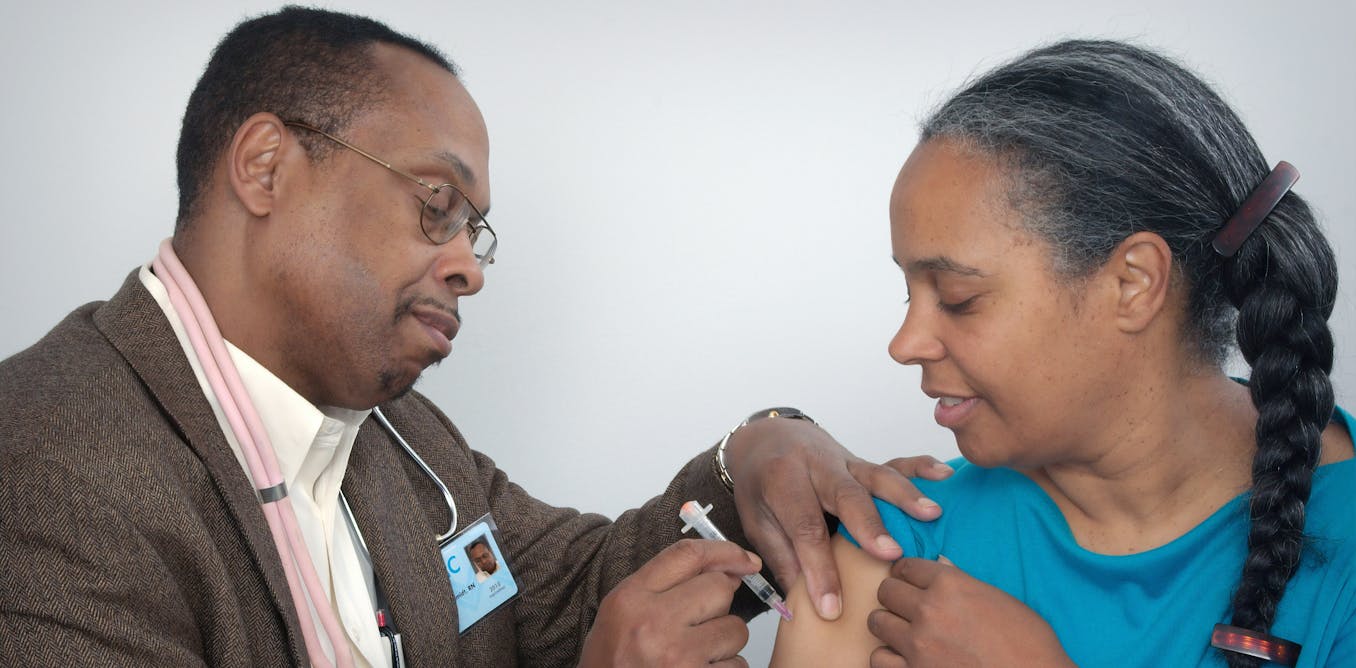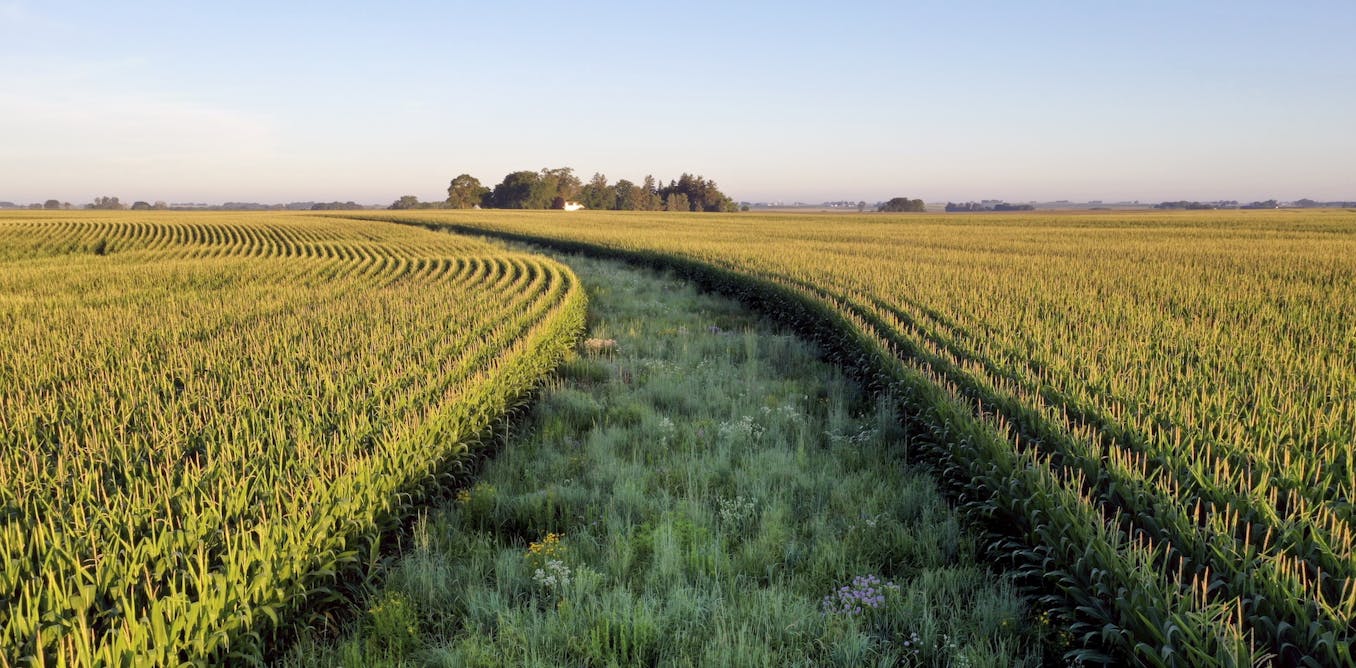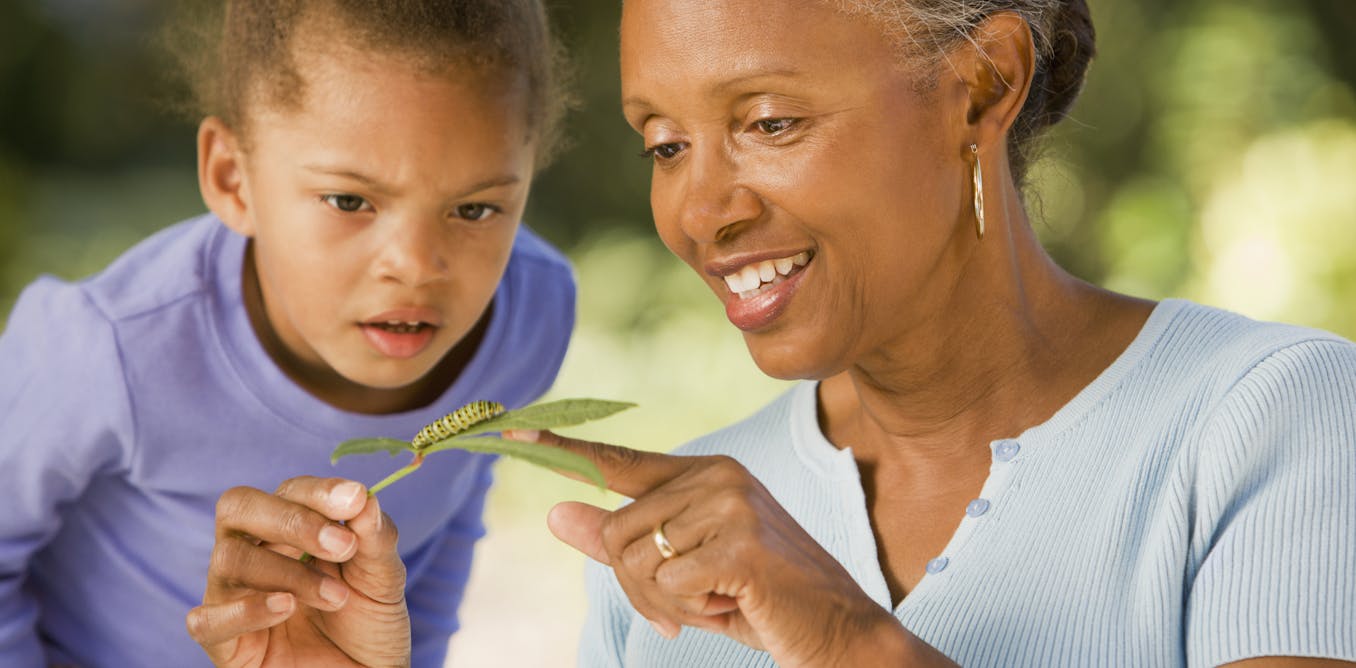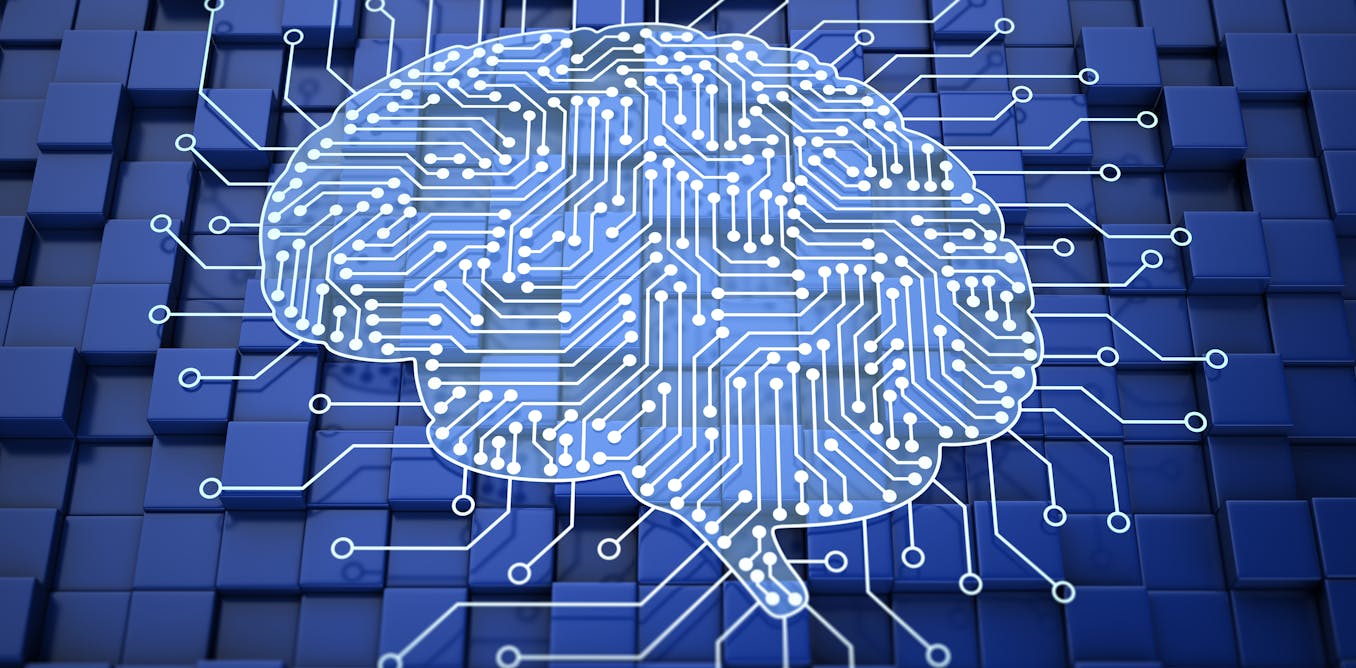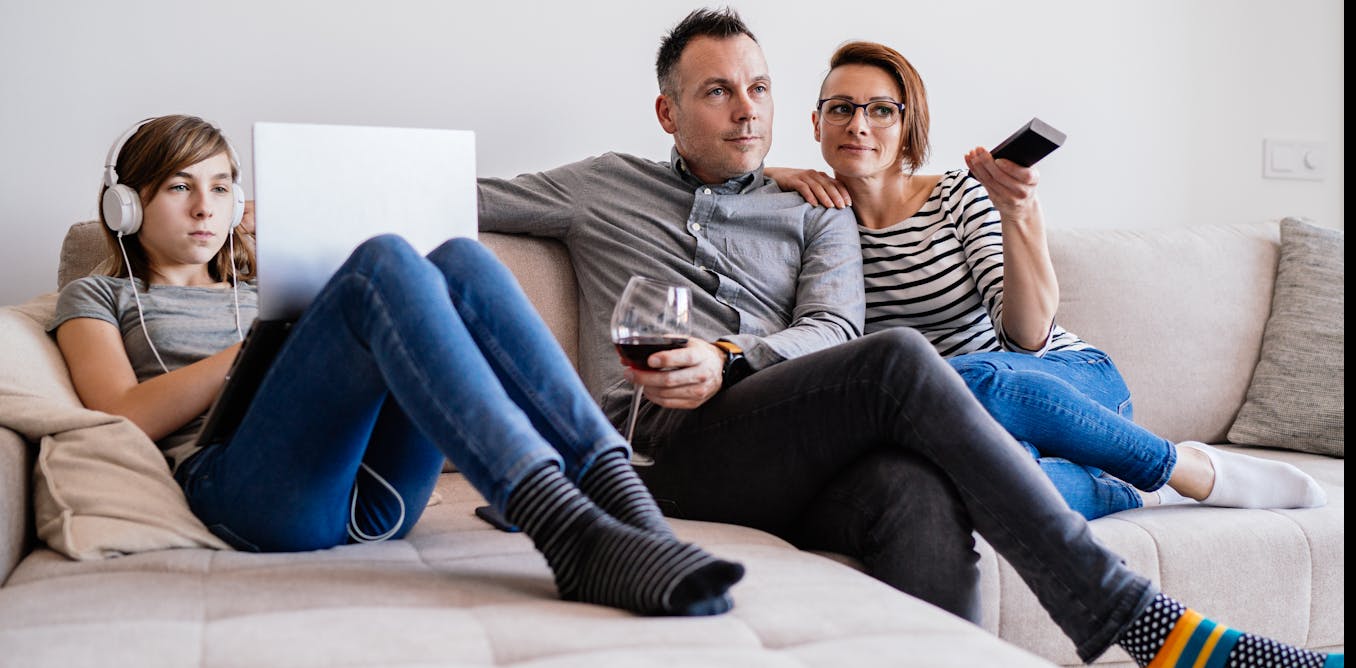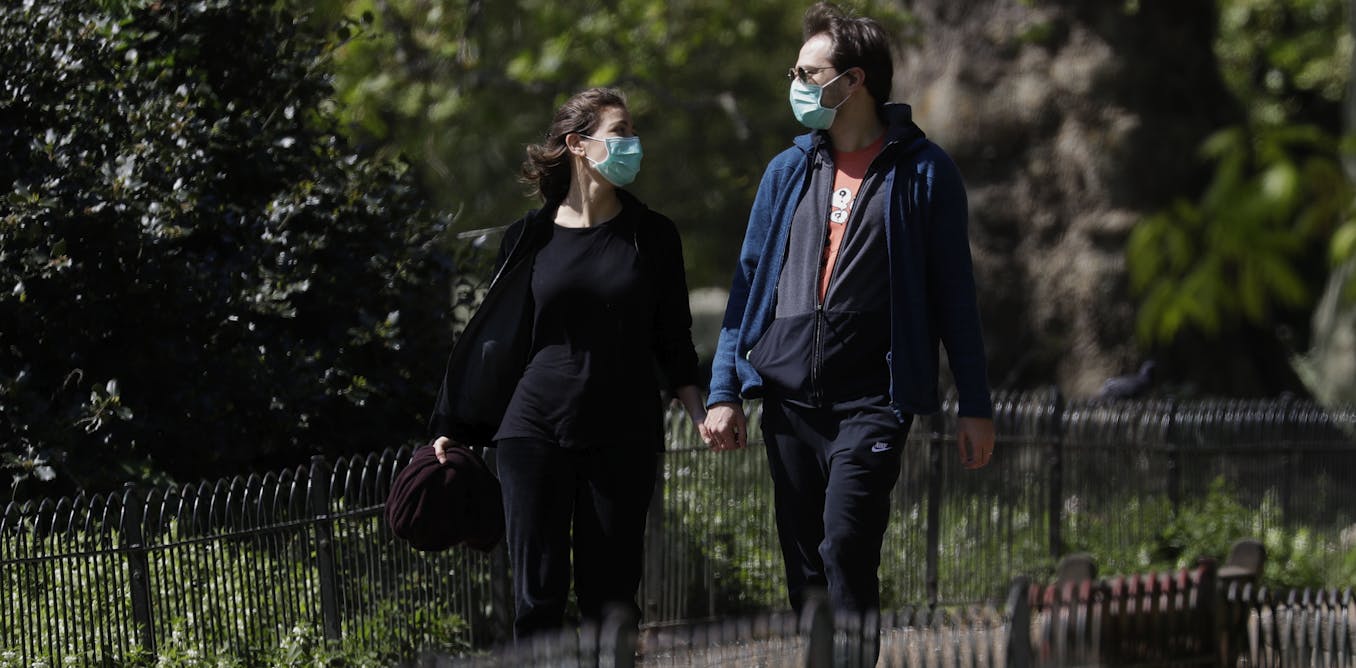Conservatives value personal stories more than liberals do when evaluating scientific evidence
How much weight would you put on a scientist's expertise versus the opinion of a random stranger? People on either end of the political spectrum decide differently what seems true.
Nov. 9, 2020 • ~6 min


